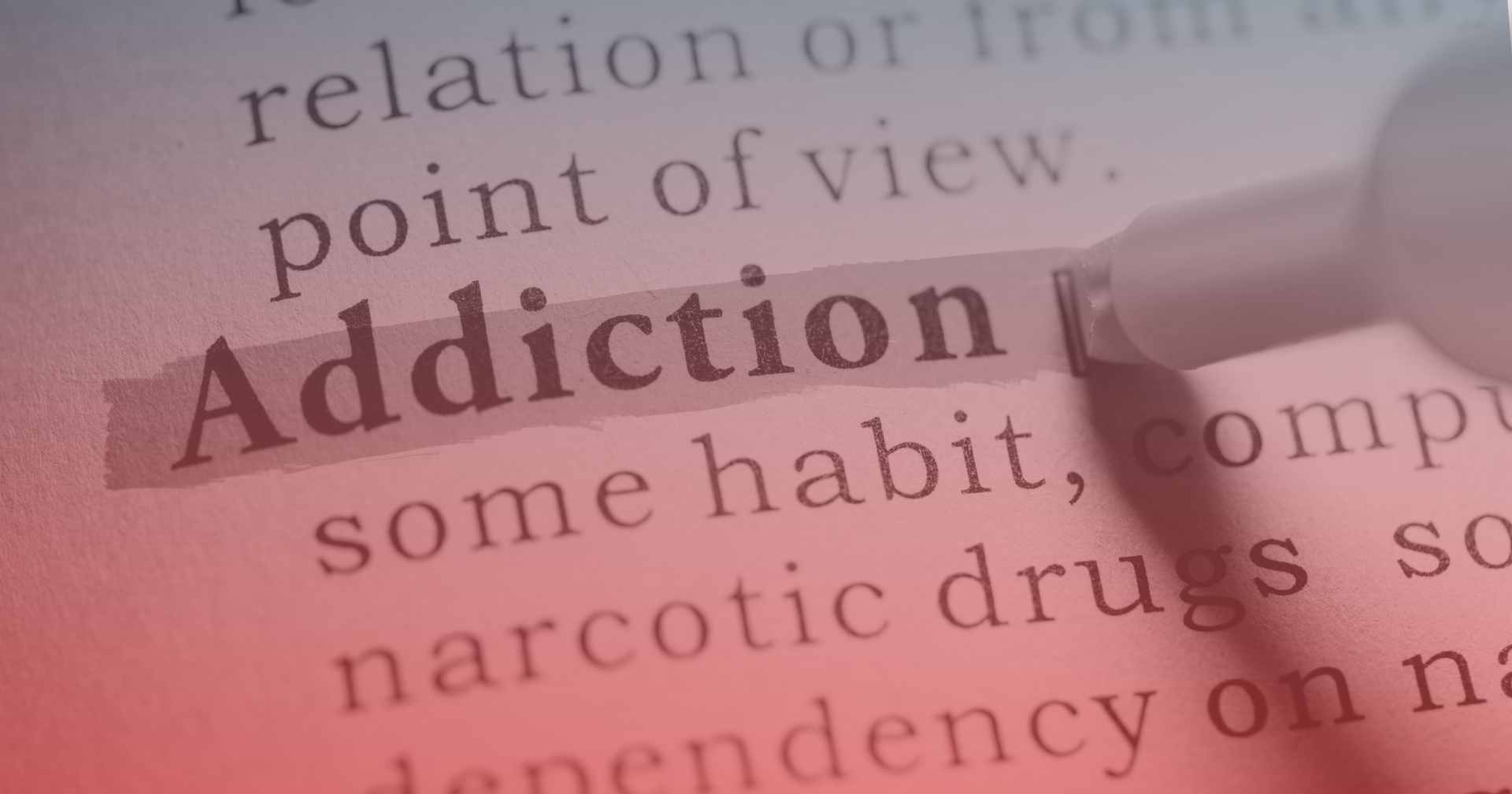
Many individuals struggling with addiction also face mental health challenges like depression, anxiety, or PTSD. At Center for Change, we specialize in treating co-occurring disorders, providing an integrated approach that addresses both addiction and mental health. Treating these conditions together improves overall outcomes, as unaddressed mental health issues can be a barrier to sobriety.

Group therapy is a cornerstone of effective addiction treatment, providing individuals with a community of peers who understand their struggles. At Center for Change, our group therapy sessions foster connection, accountability, and encouragement. Clients share experiences, celebrate progress, and learn from each other, building bonds that strengthen their commitment to sobriety.

Identifying and managing triggers is essential for maintaining sobriety in addiction recovery. Triggers—situations, people, or emotions that prompt the urge to use—can be challenging, but with the right strategies, they can be managed effectively. At Center for Change, we teach clients how to recognize their triggers, avoid risky situations, and develop healthy coping mechanisms like mindfulness and deep breathing.

Goal setting is a powerful tool in addiction recovery, helping individuals stay focused and motivated as they work toward a healthier future. At Center for Change, we encourage clients to set both short- and long-term goals, providing a sense of purpose and accomplishment. These goals could include milestones like completing a therapy program, reconnecting with family, or developing new hobbies.

Meditation is a valuable tool in addiction recovery, offering individuals a way to manage stress, improve focus, and build emotional resilience. At Center for Change, we incorporate meditation into our holistic treatment approach, helping clients find inner peace and balance. Regular meditation can reduce anxiety, enhance self-awareness, and provide mental clarity—benefits that are essential for maintaining sobriety.

Recovery from addiction involves more than just overcoming physical dependence. Emotional resilience—the ability to adapt to stress and bounce back from setbacks—is essential for long-term sobriety. At Center for Change, we focus on building this resilience through therapy and support groups, equipping clients with coping skills and healthy strategies to handle life’s challenges.






